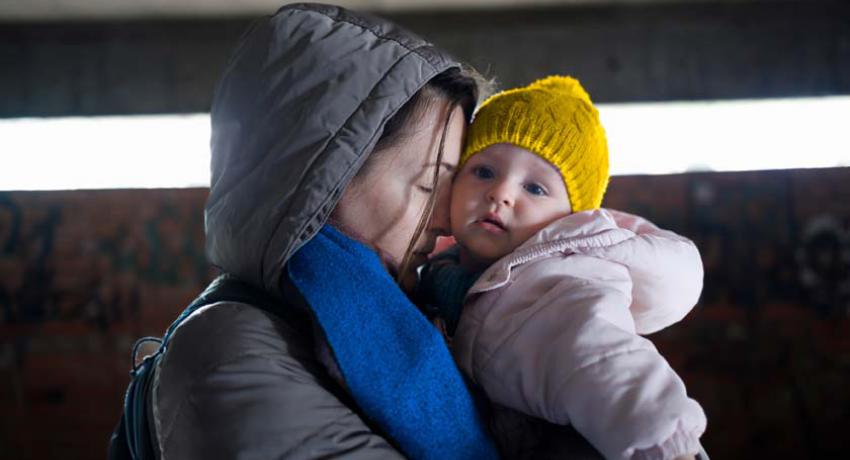Fair Start for Kids Act Helps Fund New Design Work
Trauma-Informed Care
DCYF held two Trauma-Informed Care (TIC) provider design sessions in June, co-facilitated with Imagine Learning. The groups met for four hours to decide how best to provide trauma-informed support to early childhood professionals.




